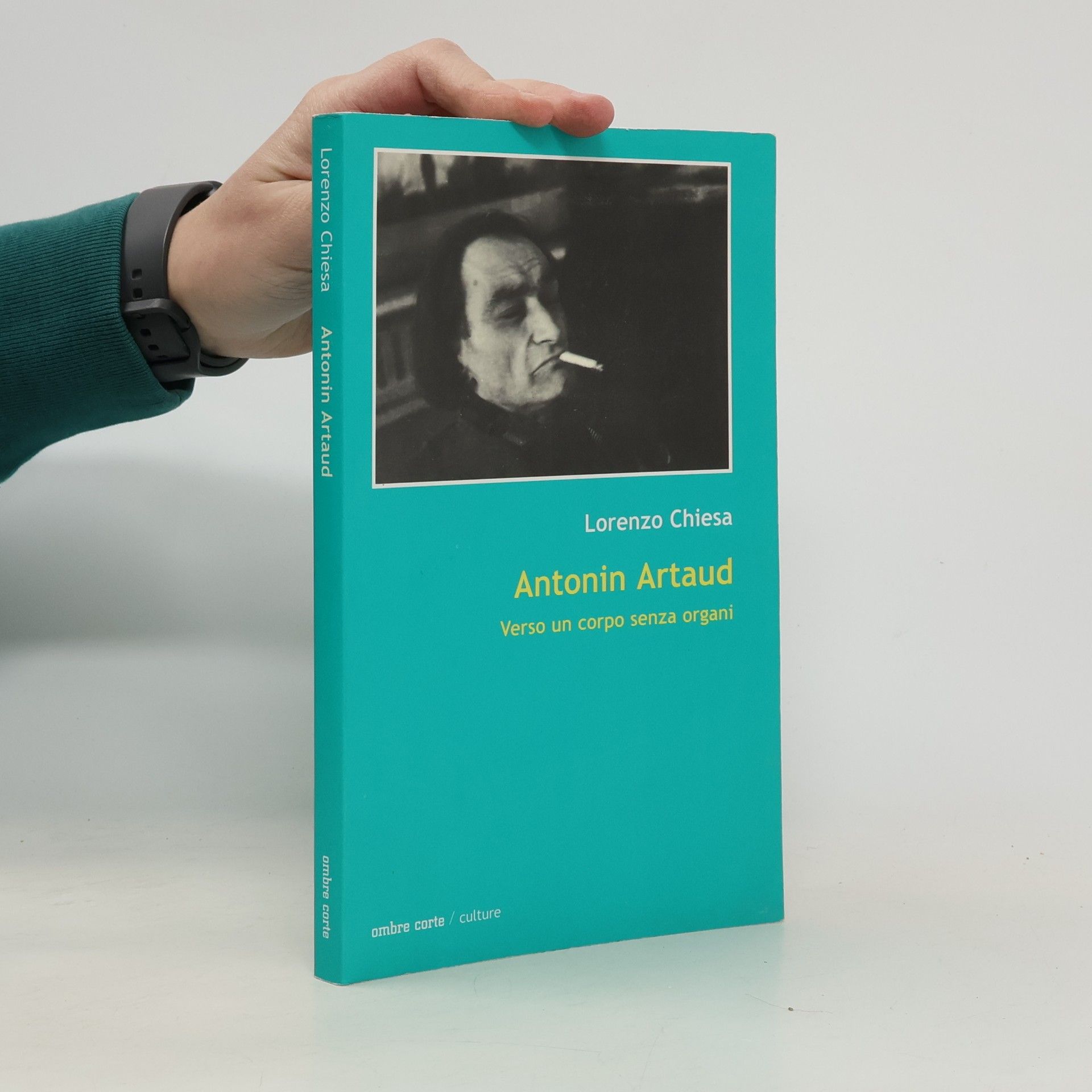The book explores the evolution of subjectivity in Jacques Lacan's work, arguing against both "pro-Lacanians" and "anti-Lacanians" by presenting Lacan as a systematic thinker. Lorenzo Chiesa provides a philosophical analysis of the Lacanian subject's relationship to otherness, examining its development through the Imaginary, Symbolic, and Real orders. He highlights the continuity in Lacan's theories despite apparent contradictions, ultimately portraying the Lacanian subject as an irreducible lack that challenges contemporary notions of subjectivity, bridging psychoanalysis and philosophy.
Lorenzo Chiesa Book order (chronological)
Lorenzo Chiesa delves into profound philosophical questions of subjectivity and otherness. His work engages with the complex interplay between logic and faith, often drawing on psychoanalytic theory. Chiesa explores how our understanding of ourselves shapes the world around us. His writing offers a penetrating look into the human psyche and existence.

